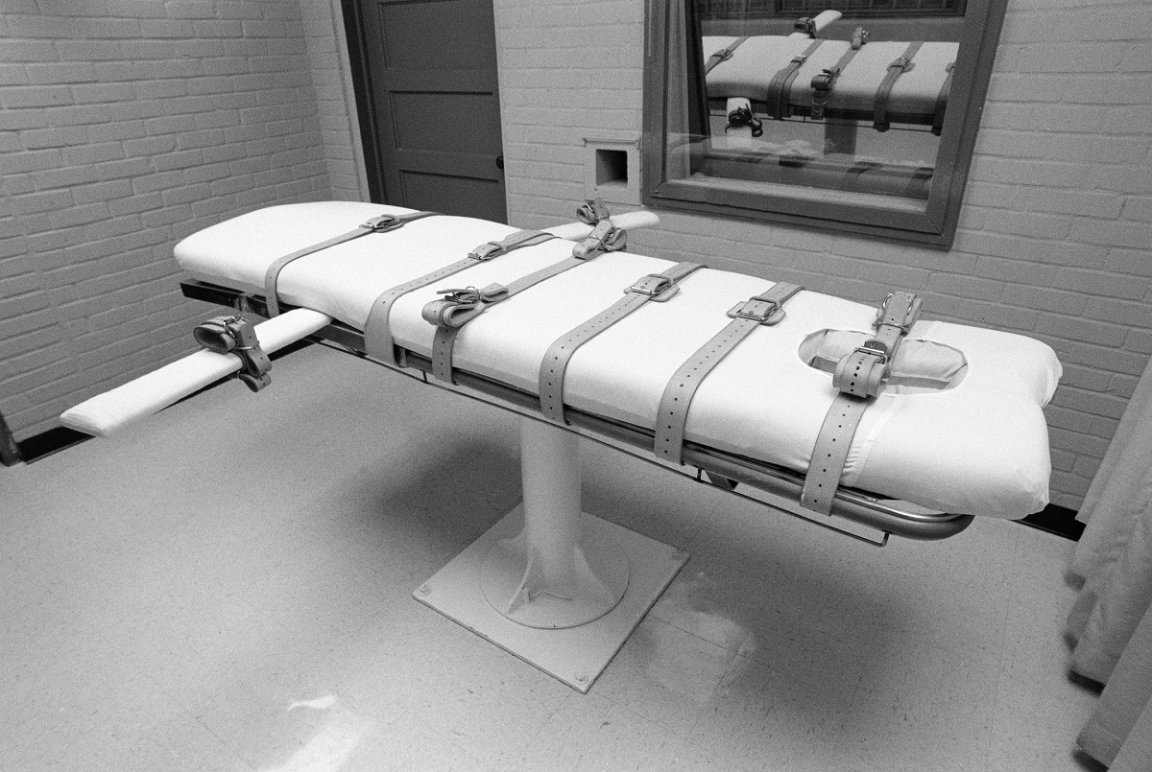
Death Row
Alabama wants to use an experimental execution technique as capital punishment for one of its death row inmates — and the inmate in question is fighting back.
As the Associated Press reports, lawyers for Kenneth Eugene Smith, the man upon whom the state attorney general wants to test their experimental nitrogen gas execution method, have issued a filing asking the state to reject the request.
The experimental means of execution involves putting a mask over the mouth of the condemned and replacing their breathing oxygen with nitrogen, causing their body functions to fail until they die. Although it’s technically legal in three states including Alabama, nitrogen hypoxia has never been used in the US to put a prisoner to death — and it’s unclear if it’s ever been used anywhere else, for that matter.
“The state seeks to make Mr. Smith the test subject for the first ever attempted execution by an untested and only recently released protocol for executing condemned people,” the inmate’s attorneys wrote in their filing.
Smith’s lawyers, the AP reports, pointed out that the prisoner was already subject to “one failed execution attempt” last November, when the authorities administering his would-be lethal injection were called off after being unable to locate the two usable veins necessary for that procedure. As such, the attorneys argue that Alabama is attempting to move Smith to the “front of the line” to cancel out their failure.
This isn’t the first time Alabama has proposed using nitrogen hypoxia to execute a death row inmate, either, but it admitted it wasn’t prepared in September 2022 when another man was scheduled to be the first person in the US ever killed by the technique.
Suffocating Success
Though nitrogen hypoxia is purportedly painless, Smith’s attorneys argue that it’s nevertheless experimental because it’s never been done in the US before — and human rights advocates, meanwhile, argue that it’s not anywhere near as humane as its proponents claim.
As Emory anesthesiological specialist Joel Zivot wrote in Al Jazeera about Smith’s potential execution, the method may actually be worse than lethal injection, which per his own research results in the condemned choking on their own blood a whopping 80 percent of the time.
While lethal injection can produce a small high, there’s no such luck during nitrogen hypoxia, Zivot wrote. Instead, those to whom it’s administered are, the doctor posits, likely to suffocate “from the inside out.”
That sounds far from painless or humane in our book, and Smith has good reason not to want to be the first person in the US to die that way.
More on death sentences: The Death Toll From Climate Change Will Be Catastrophic, Scientists Say